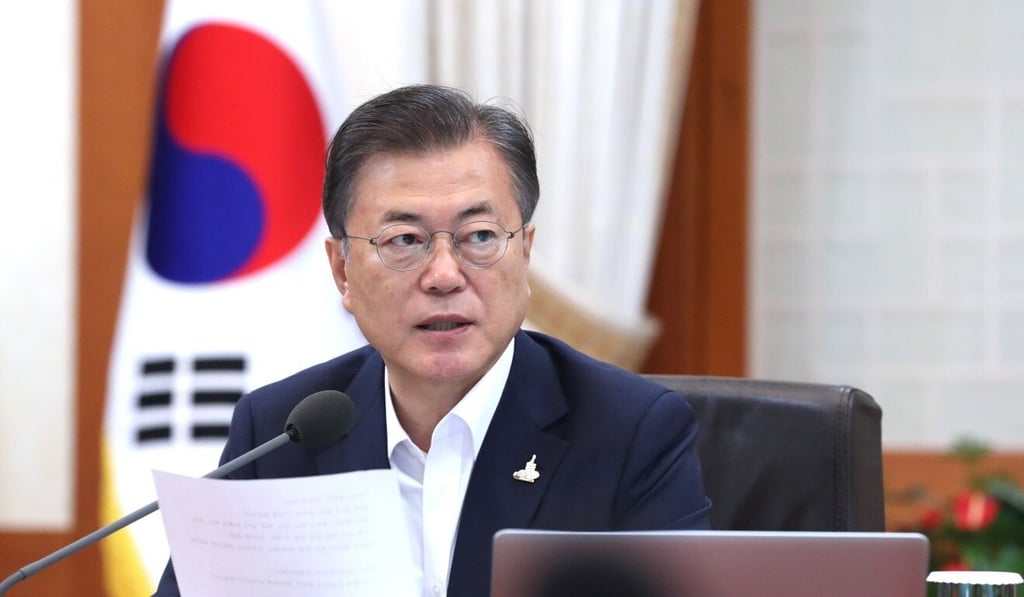South Korea’s soaring property prices dash home ownership dreams for ‘dirt spoons’
- Seoul is struggling to curb runaway home prices, which have risen an eye-watering 34 per cent on average since President Moon Jae-in came to power
- His ruling Democratic Party has pushed through a slew of measures in a bid to cool the market, but prices – and the public’s anger – continue to rise

When John Chung bought his first flat in the Seoul subdistrict of Banpodong in 1987, he never could have imagined what a stellar investment it would turn out to be.
The 53 square-metre space in an old, low-lying flat block south of the Han River cost him and his wife 27.5 million won – or about 90.6 million won (US$76,400) today, adjusted for inflation.
What made Chung’s flat so valuable, however, was its trade-in value. In 2009, the building in which it stood was torn down to be replaced by a gleaming new high-rise, inside which Chung was offered a 297 square-metre apartment for the discount price of 1 billion won in return for giving up his old flat.

“Now I have no houses,” he said, ruefully. “Who would want to work honestly when you can clear such easy profits by buying houses in Seoul?”